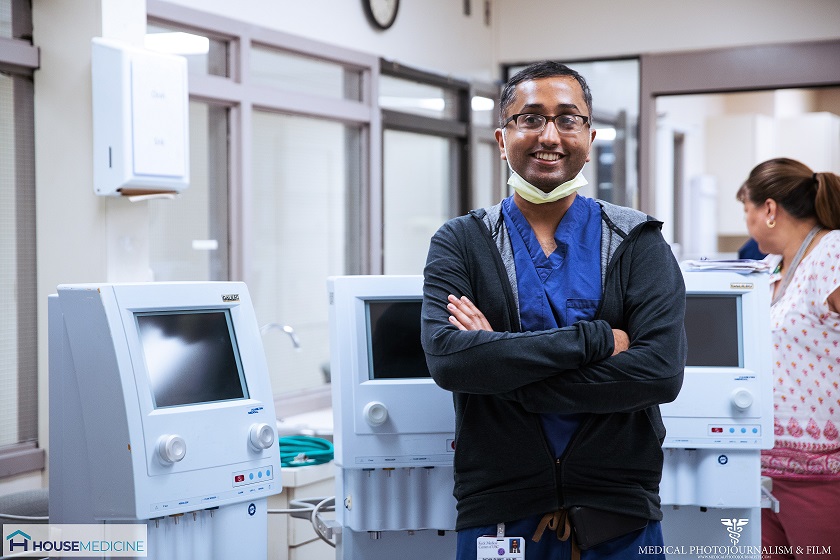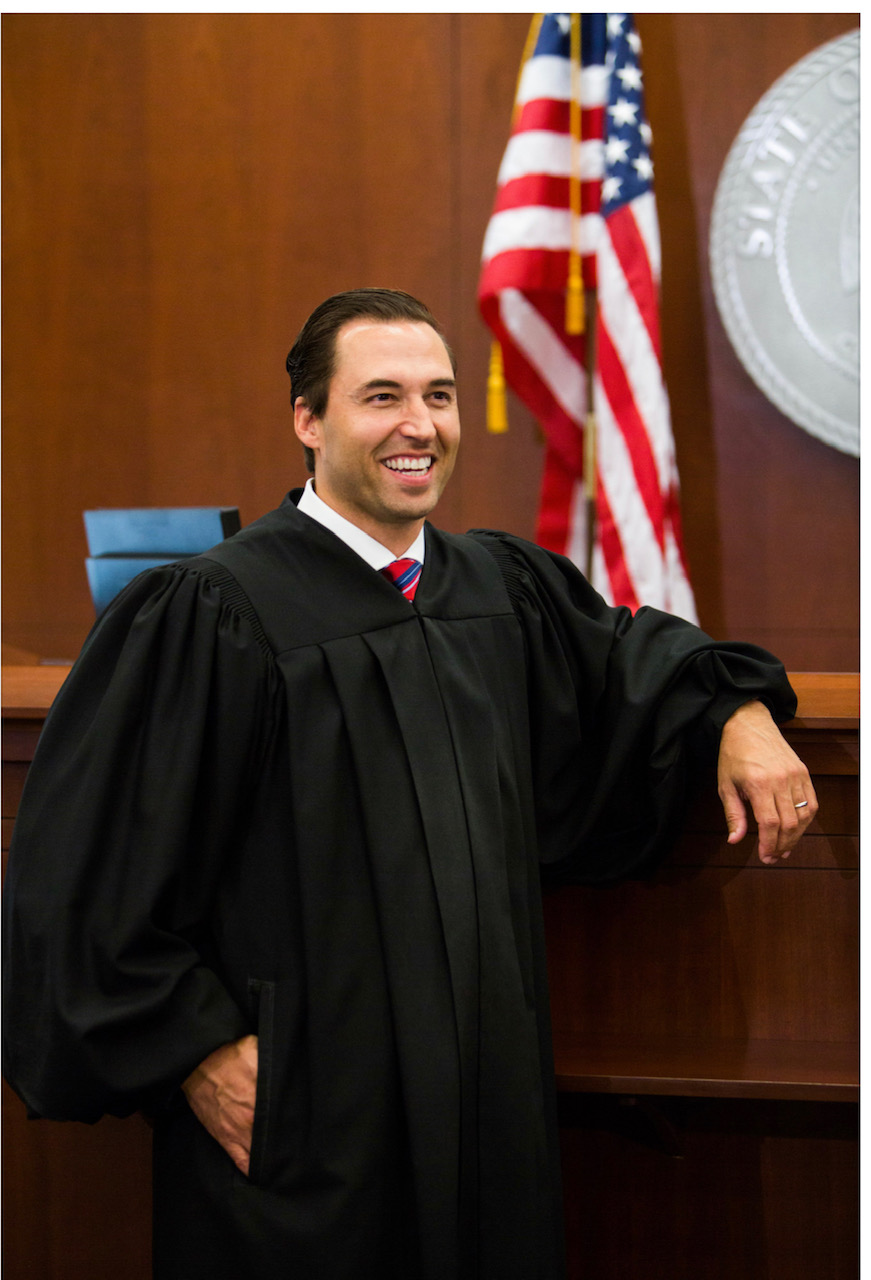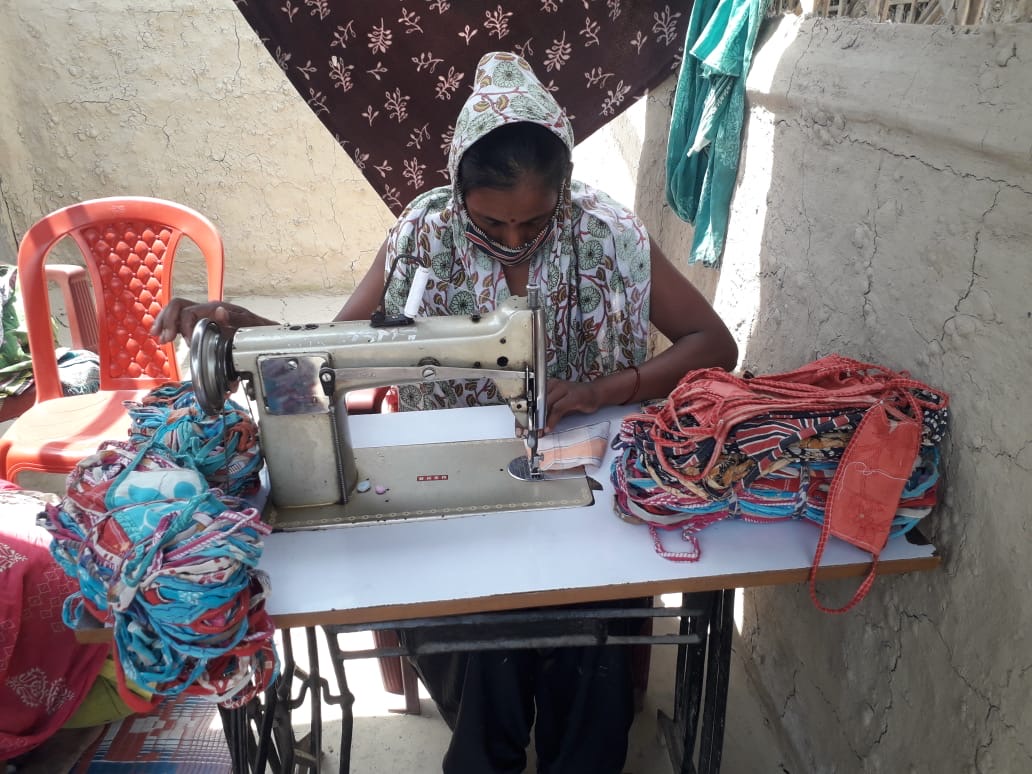Over the past several months, we have learned much about ourselves at a tremendous cost. As an anesthesiologist at an academic medical center in Los Angeles, I saw the emerging COVID-19 pandemic as a 9/11 type event for our medical community that would require a prolonged battle against an invisible enemy. As a 2018 Presidential Leadership Scholar, I viewed the pandemic as an ability to utilize my skillset and network to make a positive impact on society. I saw the approaching pandemic as a President George W. Bush “Bullhorn” moment calling for us in the medical field to rise to the challenge and defend our patients.
On March 19th, I finally faced the enemy when a patient suspected of having COVID required mechanical ventilation and placement of a breathing tube, a procedure that I routinely perform as an anesthesiologist. I felt a strange sense of relief, conviction, fear and acceptance all at once. I attribute this to our training, which teaches us to compartmentalize and prioritize rapidly enabling us to focus on the task most urgently at hand. It was only after we donned our protective gear and successfully intubated the patient that I learned that this was the first suspected COVID case at our hospital to be placed on a ventilator. Although, I was relieved everything went smoothly, I feared that this was going to the first in a deluge of cases like New York City.
Several days later, I received a call from Dr. Anand Annamalai (PLS 2020/21), a transplant surgeon who I became acquainted with via Dr. Quyen Chu (PLS 2018). He invited me to join a small team of physicians to create the State of California supported Los Angeles Surge Hospital (LASH). The hospital was designed to offload COVID patients from LA hospitals and prevent them from being overwhelmed. I immediately accepted and several hours later, we convened a call with relevant stakeholders and thus began the journey of opening the LASH. In 24 days, a team of 500 individuals was assembled and our hospital opened. Since then, our team of passionate clinicians and support staff have been working non-stop to provide superb care to critically ill patients suffering from COVID.
In caring for these patients, I have intimately experienced the setbacks, the tragedies and the successes that characterize this pathogen. I have seen families devastated by this disease while others recover. I have made phone calls celebrating the removal of breathing tube but also made ones informing a family their loved one was not going to make it. I have even treated other scholars and helped others as their families became effected by this virus. I am glad that the LASH exists, but I recall President Clinton once stating that our mission ought to be to work ourselves out of a job. With COVID and LASH, I could not agree more. Fortunately, the deluge of cases has not come to Los Angeles and the LASH will likely be closed in the coming weeks.
A central hallmark of PLS is affecting change through the collaboration of folks who normally would not be able to work together. Heeding this call, the doctors within PLS have been working together sharing our experiences. As scholars and clinicians, we have a responsibility to our patients and society. Our collaboration has published papers in prestigious medical journals such as the New England Journal of Medicine, Surgery and Academic Medicine addressing topics such as health system preparedness, ventilator allocation and health equity. Additionally, we have been able to provide expert commentary detailing aspects of COVID to media outlets such as CNN, ABC, the Los Angeles Times and the New York Times.
When I recount my experiences over the past few months, I recall many of the lessons the Presidents shared with us during PLS. That challenges often bring out the best in America. That through great struggle often comes great triumph. I believe our actions have embodied the spirit of Rahm Emmanuel when he stated to “never let a serious crisis go to waste.” In many ways, this pandemic has been a remarkable test of the PLS network. I imagine, these are the moments in American history that our PLS founders envisioned for our scholars to shine. I believe we have appropriately risen to the occasion and hope we have made them proud. I look forward to the day when I no longer must wear an N-95 mask all day, but until that day is here, we are ready.


